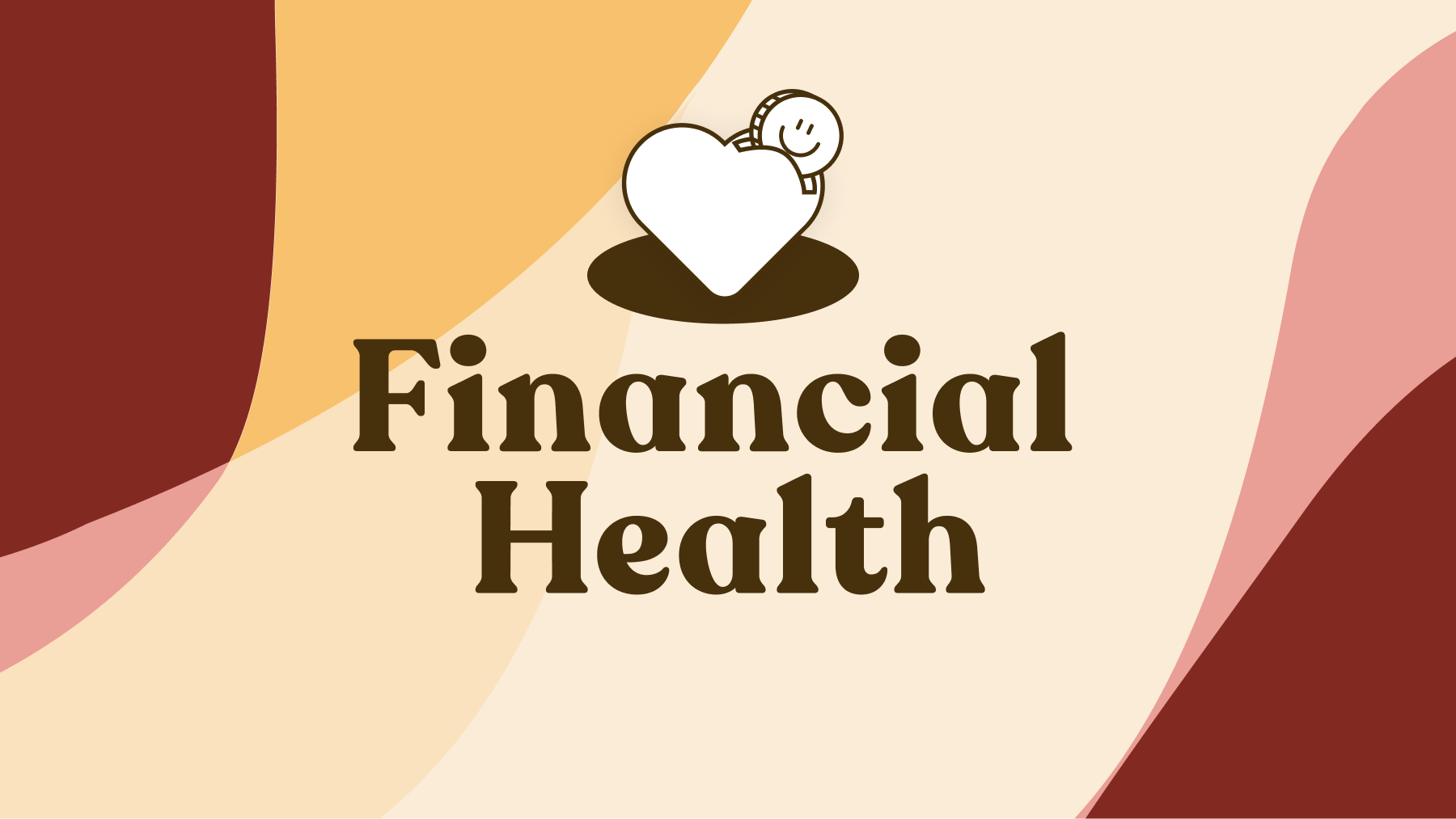The conversation around mental health has transformed in the last decade. Celebrities like The Rock and Lady Gaga have opened up about their struggles with mental illness. And the cultural stigma is fading: a 2019 survey by the American Psychological Association found that 87% of Americans believed mental health struggles are nothing to be ashamed of.
More than ever before, people are aware how substance abuse, personal relationships and even social media can negatively impact mental health. This is encouraging progress, but to move the conversation forward we need to look at another important piece of the puzzle: financial health.
Mind on your money, money on your mind
While people are viewing their health more holistically than ever, financial health isn’t getting the airtime it deserves.
We all know that money alone can’t buy you happiness, but not taking care of it can put a serious strain on your mental health. The data is both conclusive and sobering.
A survey by the APA found that 6 in 10 adult Americans cite money as a significant source of stress while a survey by the Money & Mental Health Policy Institute, found that almost half (46%) of people in problem debt also have a mental health problem.
Those same people with problem debt are 4.2 times more likely to still have depression 18 months later and 3 times as likely to have thought about suicide in the last year.
From excess debt, to relying on an overdraft or consistent overspending, money problems harm self-esteem and make people feel out of control, which can also lead to a loss of hope about the future.
It’s a vicious cycle because the worse your financial health, the greater the pain of confronting the situation and the more likely you are to seek temporary relief in more debt or retail therapy.
Check yourself before you wreck your health
You shouldn’t be waiting until financial difficulties hit to get a grip on your finances.
A financial health check can help you identify potential problems and prevent them arising or at least put in place a strategy for dealing with them when they do.
If you haven’t done a comprehensive check of your financial situation in the last year, it’s time to take a closer look.
If you’ve made a major life change like getting married, moving your home or changing job (or there’s been a dramatic change in the economy caused by a global pandemic), it’s also prime time for a check-up.
Leave no stone unturned
The most important step to getting a handle on your finances is to get a clear picture of where you’re at.
Even if you’re still gainfully employed, the uncertainty surrounding the US economy means it’s more important than ever to know where you stand.
Leave no stone unturned – look at your savings, investments, mortgages, loans, insurance, pensions, the works – and put them all into a spreadsheet so you can get an accurate snapshot of your current position.
Then identify your monthly cash flow situation – how much are you making and spending every month and what are you doing with what’s left over?
Set clear financial goals, budget accordingly
Once you’ve got a clear view of your situation, it’s time to set some goals.
If you have high interest debt, it makes sense to prioritize paying that off as soon as possible and if you don’t have some money set aside for an emergency fund of at least a month’s expenses, then you should do that too.
Make sure the goals are clear with a specific target date that allows you to calculate the monthly commitment and budget accordingly. For example, set a goal that by December 31, 2020, I will pay off all my credit card debt – that’s $250/month for the next 6 months.
Don’t worry, the goals don’t all have to be about staying afloat. If you’re planning for a big purchase or there’s somewhere you’ve always wanted to travel, then factor it in and put some money aside every month for that as well.
Automate, automate, automate
In a world that’s designed to make you spend as much money as possible, automating your finances is the way to go.
The good news is that there are plenty of tools that can help you put your money away before you splurge on too many cocktails or another impromptu Amazon order. Most tools do this in two ways:
The first is by rounding up your spare change – lots of finance and investing apps now give you the ability to automatically save any left over pennies so when you buy a coffee for $3.50, the $0.50 change goes straight into a savings account.
The second way is to schedule an amount of money to come out of your account every week or month, allowing you to automate your savings. Again, most new finance and investing apps have this feature available.
Let’s say you set a rule that puts away $20/week and forget about it. If you don’t look at your balance and come back in a year, you’ll have saved $1040.
This set and forget feature can help you build up funds for a rainy day, a holiday or whatever else you’d like to save up for.
Wrapping up
The bottom line is that your financial health matters just as much as your mental health – in fact the two are closely linked and it’s often hard to have one without the other.
Nobody is fully immune from the current crisis sweeping the economy so it’s more important than ever to check yourself and get a grip on your personal finances.
Plus, having your financial ducks in a row can help you to feel secure, motivated and positive about the future, even as the world goes through seismic shifts.


